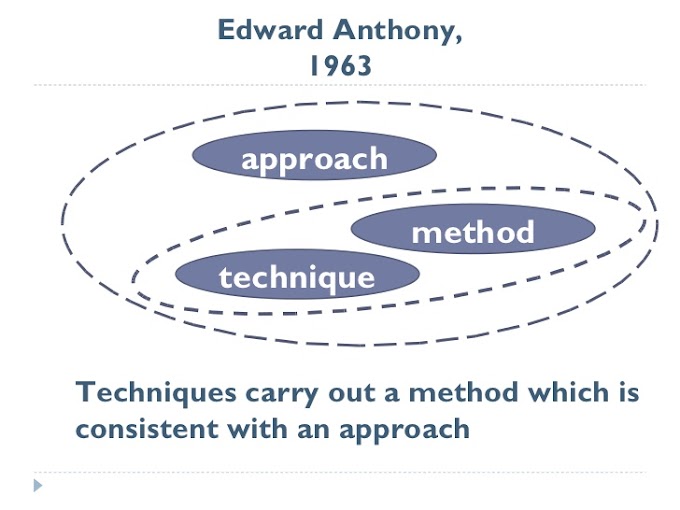 |
| age of sensibility |
This age is called the Age of Sensibility because reason, sensible views, and “original genius” controlled the literature of this time. It is also called the Age of Johnson after the name of Dr. Samuel Johnson who dominated this period. This age started after Pope's death and ended with the publication of the first edition of “Lyrical Ballads” in 1798.
Here in this article, we are going to discuss some famous things about the age of sensibility. All these things will give you a complete conception of this age. We will also discuss all the major trends of that age that affect the literature of this time. Let's know more about the age of sensibility.
The important facts which influenced the Literature of this period are
- James Watt invented the steam engine in 1769. In 1733 John Key invented the flying shuttle. In 1769 Hargreaves invented the spinning Jenny . All these contributed to the Industrial revolution.
- Industrial towns appeared.
- There was a revolution in agricultural production.
- The British Founded it’s empire in India in 1757 and lost its American colony in 1776.
- France Revolution started in 1789 and continued till 1799. Voltaire(1694-1778) and Jean Jacques Rousseau (1712-78) taught individualism and inspired revolution for more freedom and equality. During the reign of Louis XVI of France ( whose wife was Marie Antoinette) there were several social inequalities among the people. The King and the nobility were enjoying all the best things of the country and the common people were deprived of their due shares. The law of the country was not equal for all classes of people. The existing social injustices prompted the great revolution know as France Revolution in 1789. The slogan of this revolution was “Liberty, Equality, and Fraternity” . The King along with the Queen was overthrown by the common people. This revolution had a tremendous effect on the life of the people of England.
- In 1764 Dr. Johnson founded the famous literary club known as Johnson's Literary Club; it’s members were Burke , Pitt, Fox, Gibbon, Goldsmith and few other great persons of the time.
- The development of industry and commerce, the rise of political parties and democracy created problems and a change in the social infrastructure ensued.
- A literate middle class grew and the range of reading public widened.
Major Writers of the Period and Their Major Works
• Samuel Richardson (1689-1761)*Started writing novels in the previous age and wrote the following novels in this age.
“Clarissa Marlowe” (1748)
“Sir Charles Grandson” (1754)
• Henry Fielding (1707-54)
*He had started writing in the previous age and wrote the following novels in this period.
“Tom Jones” (1749)
“Amelia” (1751)
• Dr. Samuel Johnson (1709-84)
“Dictionary” (1755)
“The History of Rasselas, Prince of Abyssinia” (1759)
“Preface to Shakespeare” (1765)
“The Life of the Most Eminent English Poets” (1779-81)
• Thomas Gray (1716-71)
“Elegy Written in a Country Churchyard” (1751)
• Oliver Goldsmith (1728-74)
“The Citizen of the World” (1759)
“The Vicar of the Wakefield” (1766)
• Edmund Burke (1729-97)
“On American Taxation” (1774)
“Speech on Conciliation with America” (1775)
“Speech on Mr. Fox's East India Bill” (1783)
• Edward Gibbon (1729-94)
“The Decline and Fall of the Roman Empire” (1776)
Main literary features of the Age
- The Restoration spirit dies away.
- The age marks a gradual change in poetic taste and techniques.
- The heroic couplet and blank verse decline and the ballad and literary revive.
- Pindaric Ode appears.
- Intellectual Prose writing flourished.
- The novels take a definite shape and raises to dominate the literary scene.
- Poetry shifts its focus from intensely social issues to melancholy, isolation, and reflection.
- Features of Romanticism that flourished in the next age come into view.
- Literary criticism found solid ground.
Conclusion
That was all about the literary age "Age of Sensibility". The importance of this age is huge in literature. There is a number of popular writers and poets who will never return to the universe and some famous and universal literary works that will serve us till the last day of the world.



0 Comments